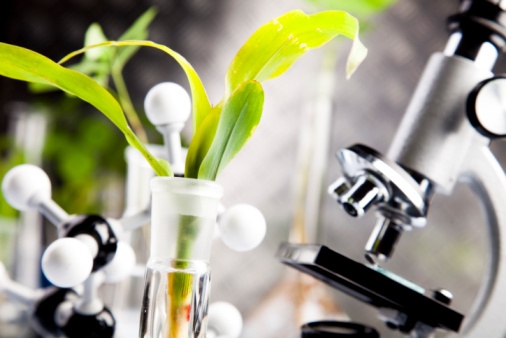CORPORATE PROFILE


We are living in a fascinating era of human evolution. Looking back at the course of developments within the last 100 years, we will come across remarkable progress in understanding and exploring aspects of our planet, its resources and its lifeforms which were beyond imagination just one century ago. We have gathered knowledge and information from our explorations in various branches of Technology and applied them to build cities and industries. We have built products and developed technologies which have catapulted our progress to a whole new dimension. This progress was not limited to evolution of our surroundings, but also changed the way we now think and perceive and has instilled a sense of responsibility in us.
Businesses today are not just about developing products, they are about developing Sustainable Solutions. From such a philosophy of thought emerges an industry which has this embeded in its very roots, Industrial Biotechnology.
Concerns about worldwide environmental conditions have caused widespread regulations within the international community. Legislations have been passed regarding regulation of aspects pertaining to Chemical safety and its impact on health and environment. Rapidly growing population has also caused alarms about food and energy supplies which rank as priorities among the basic requirements for a sustainable future.
The question is, what can be done to sustain supply of these basic requirements to the population while minimizing environmental impacts ? What do we do to eliminate the pollution already being caused by large scale chemical consumption by the industries ?
The answer comes in the form of "Sustainable Bio-Solutions". Industrial Enzymes work as efficient biocatalysts replacing conventional chemicals in a multitude of industrial processes. For example, Enzymes require lower energy and less water to execute the process in main stream industries such as Textile, Paper and Leather Processing. Industrial emissions are thus reduced by noticeable levels. We can actually map the impact application of Industrial Enzymes cause on these industries by way of far lower effluent load, relatively low energy consumption and emissions.
Industrial Enzymes finding application in Food processing push yields and quality with less turnaround time for the processes. This results in higher quality of finished products along with less energy consumption and emissions. In the Animal Healthcare segment, Enzymes unlock the nutritional value of the feed and allow the animal to absorb maximum nutrients from the feed. Here a novel example of how Industrial Enzymes work to preserve our environment would be the use of Phytase Enzymes, which enable release of inorganic phosphorous contained in plant based feeds which otherwise excreted to the environment would have caused Eutrophication in surrounding areas.
Industrial Biotechnology is among the forefront technologies which identified and worked towards sustainable solutions for our energy concerns. Technologies have been developed for use of renewable agricultural wastes as feedstocks for production of Bio-Ethanol using Industrial Enzymes as efficient catalysts for the Bioconversion and production processes. Enzymatic processes promise higher yields, low energy consumption and reduction in carbon emissions.
About Us


